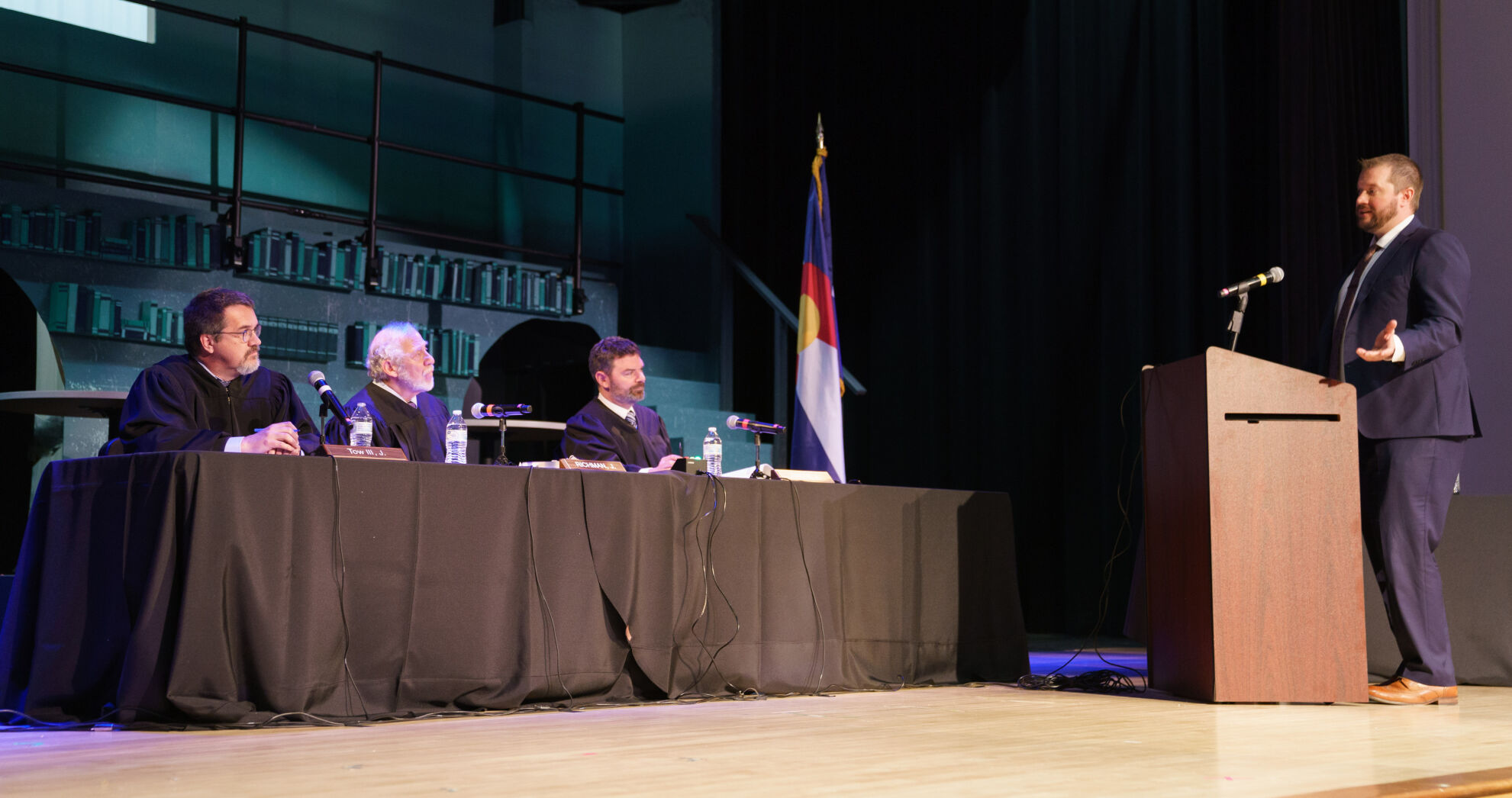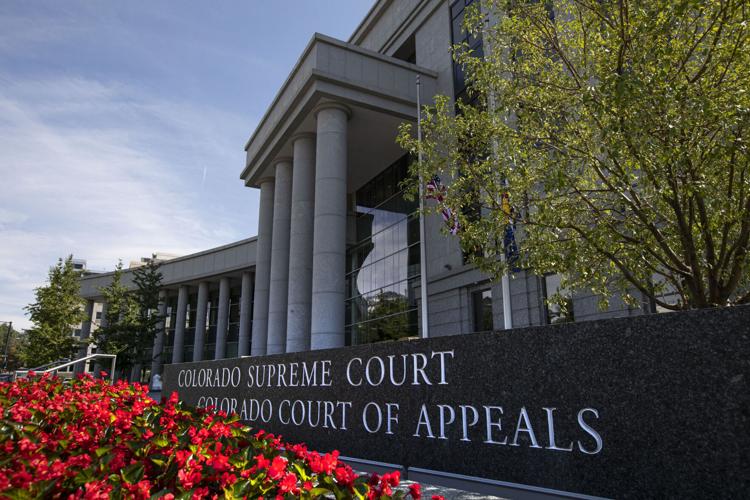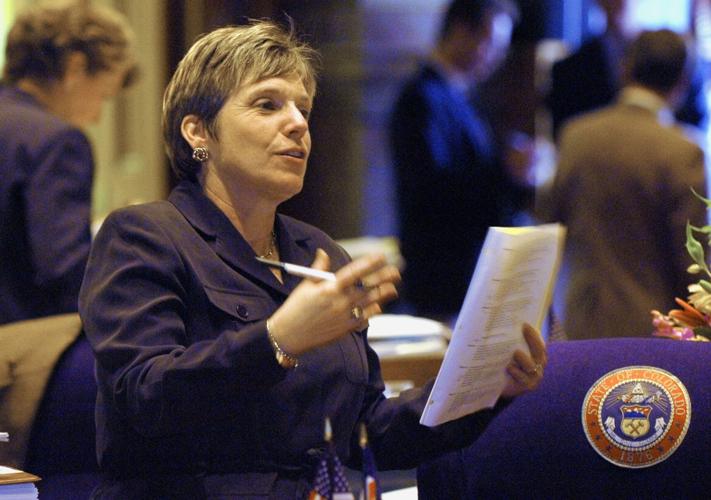Appeals court clarifies standards for no-contact orders involving children

Colorado’s second-highest court clarified last month that judges need to account for certain factors when deciding whether to loosen a defendant’s no-contact order against a child, and an El Paso County judge did not consider the proper criteria when refusing to modify the restrictions.
Under state law, judges impose protection orders, also known as restraining orders, against criminal defendants forbidding them from harassing, intimidating or retaliating against a victim or witness. In domestic violence cases, the order can include no-contact provisions and other restrictions on drug use and weapons possession.
At the same time, the U.S. Supreme Court has recognized constitutional protections over parents’ control, custody and care of their children. The appeal of Kyle Andrew Zoller examined the tension between protecting children in criminal matters and the rights of their accused parents.
Zoller argued the continued no-contact order between him and his daughter while he completed his parole on a domestic violence offense amounted to an unconstitutional infringement on his parental rights. For the first time, a three-judge panel of the Court of Appeals concluded the Constitution requires judges to find “compelling circumstances” for continuing such restrictions, with no “less restrictive means” of protecting the child.
“We recognize that the district court was not directly asked to make a finding on less restrictive means – a finding not required by existing case law,” wrote Judge David J. Richman in the Dec. 7 opinion. “We can conceive of findings that would or would not support a determination that Zoller’s no-contact order amounts to no greater deprivation than is reasonably necessary.”
The panel returned Zoller’s case to El Paso County for further analysis of possible alternatives to the no-contact requirement.
Case: People v. Zoller
Decided: December 7, 2023
Jurisdiction: El Paso County
Ruling: 3-0
Judges: David J. Richman (author)
Rebecca R. Freyre
David H. Yun
In 2020, Zoller received a five-year prison sentence plus three years of parole for assault and child abuse, after Zoller physically attacked his victim inside their home. Zoller’s then-2-year-old daughter was present during the attack and the protection order with the no-contact provision extended to her.
Zoller served two years in prison and moved to lift the no-contact restriction with his daughter while out on parole. District Court Judge Eric Bentley refused, noting Zoller’s domestic violence offense involved an “incomprehensible level of violence,” and the passage of two years was a “very short period of time.”
“I don’t intend to change it, so that mother and daughter can have this period of time – which amounts to little under five years from sentencing – at which they are assured of safety and distance between themselves and Mr. Zoller,” Bentley said.

Zoller appealed, arguing he never physically harmed his daughter and there was no evidence his domestic violence hurt her in any other way.
“The trial court could allow for electronic communication with the child. The trial court could have allowed for supervised visitation. The domestic relations trial court could require reunification therapy in a supervised setting,” wrote Zoller’s attorney, Charles Allen. “However, none of these things can happen until the protection order that does not allow for any contact is amended.”
The appellate panel acknowledged there was no clear guidance for how Bentley should have analyzed the request. But it looked to the criteria for Colorado’s probation laws, which also seek to balance a defendant’s rehabilitation with the need to protect crime victims. Although Zoller’s no-contact order was justified by compelling circumstances, it was unclear whether the less-restrictive options Zoller proposed would have sufficed.
“The United States Supreme Court has long recognized a parent’s interest in the companionship, care, custody, and control of his children as a fundamental substantive due process right,” wrote Richman, a retired judge sitting on the panel at the chief justice’s assignment. “The no-contact order challenged here infringes on Zoller’s fundamental right to parental association.”
The panel directed further analysis of alternatives to no-contact.
The case is People v. Zoller.














